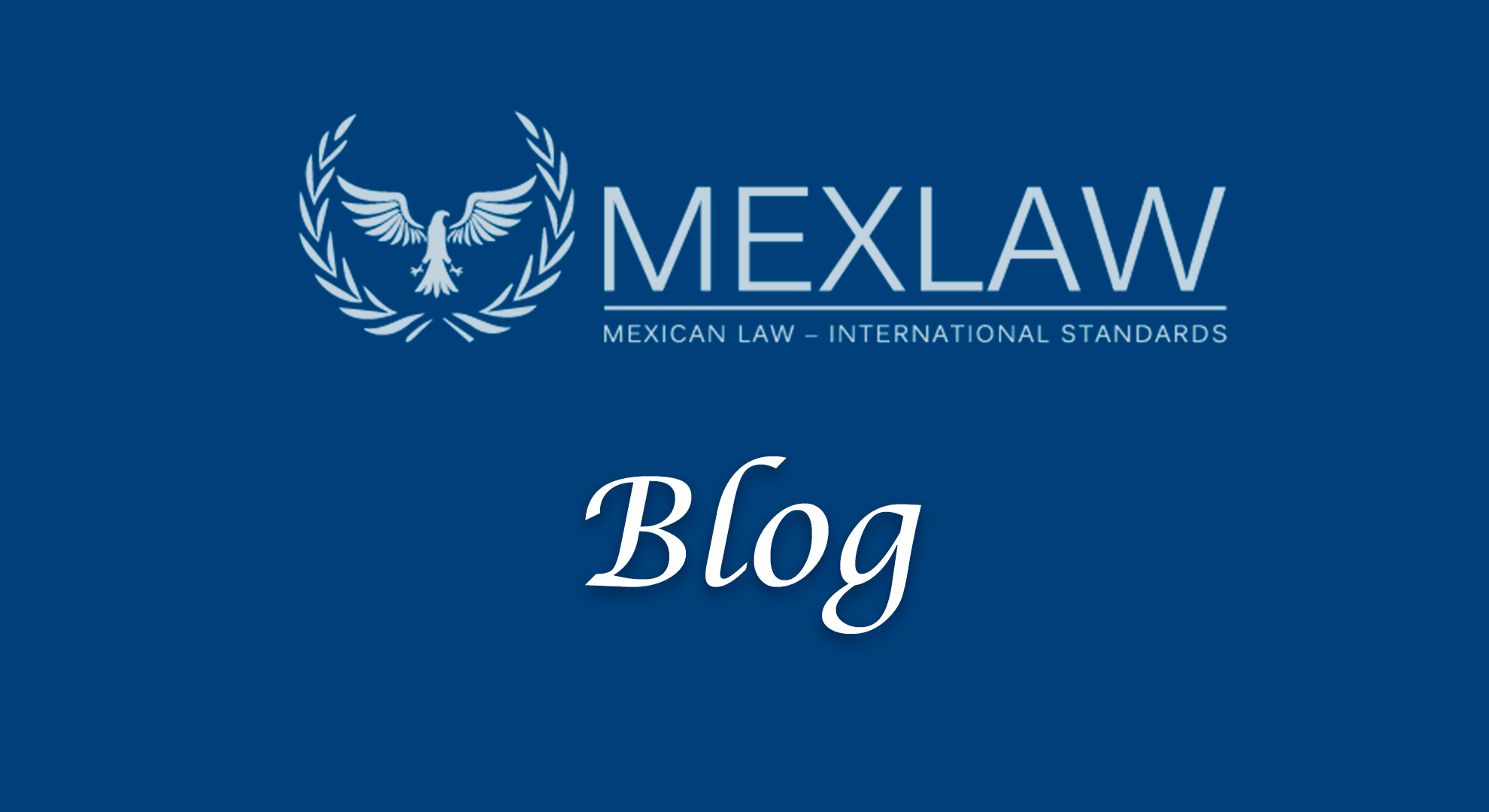Foreigners Living in Mexico Need Estate Planning

The Embassy of Canada in Mexico recently published a reminder to all Canadians living or working abroad, specifically in Mexico. The focus of the reminder was on Canadians residing in Mexico, but all nationalities are reminded to consider the possibility of passing away outside of their homeland.
When a loved one dies while living in another country, it makes an emotional situation even more stressful. Documenting your wishes can save your friends or family a great deal of stress and aggravation.
Death is not a subject we enjoy discussing, but in the circle of life it is inevitable, you may as well be prepared. Here are some points to consider:
- Registering with Canadians Abroad (ROCA) at www.travel.gc.ca/traveling/registration.
- Always update the emergency contact name and number or next of kin in your passport application form.
- Review your life insurance, review who you have listed as your benefactor and does the policy include funeral arrangements.
- Identify your funeral arrangements. State whether you wish to be buried in Mexico or back home? If your preference is cremation, what should be done with the ashes?
- Detail your funeral wishes in your Will. It should be noted that some funeral homes in Mexico provide pre-payment plans.
- Appoint a trustee in Mexico to deal with your estate through a power of attorney. Make sure your POA is drawn up by an attorney and notarized in Mexico.
- If you have a POA in Canada, it must be legalized by the Embassy of Mexico in Canada and professionally translated into Spanish in order to be legal in Mexico.
- File all documents including original birth and marriage certificates, life insurance, financial records, and Will together and advise your POA of its location.
- If the legal documents are from Canada, again they need to be translated into Spanish and legalized in the Mexican Embassy or Consulate in Canada.
- In order to collect the body of the deceased, the Mexican authorities require the deceased identification documents as well as the person representing the deceased. Be sure your family member or representative has proper identification.
- If you own property, a business or bank accounts in Mexico, it is important to have a Mexican Will. The Mexican government may decide how to deal with your estate if you do not have a Will. Your estate may not automatically be left to your spouse, especially if other family members claim your estate. The Will is of particular importance if this is not your first marriage, for same sex marriage or you are in a common law relationship because the government may not consider them to be your legal next of kin.
- When opening a Mexican bank account, you will be asked to designate a benefactor, if your benefactor changes over the years be sure to update your information with the bank.
The funeral home in Mexico will provide the death certificate, but there is a fee for any extra copies. If the deceased will be returned to Canada, you will need to have the death certificate legalized and translated in Mexico before hand, always obtain extra copies of the death certificate. You will be required to deal with the funeral home in Mexico and Canada in order to return the deceased to Canada. The repatriation of the deceased will be arranged by a funeral director. It will also be necessary to engage the services of a Canadian funeral director to receive the deceased in Canada. These costs will vary depending on the airline, dates, weight and whether the remains are cremated or not.
For more information about power of attorney, estate planning and Mexican Wills send us an email contact@mexlaw.ca


